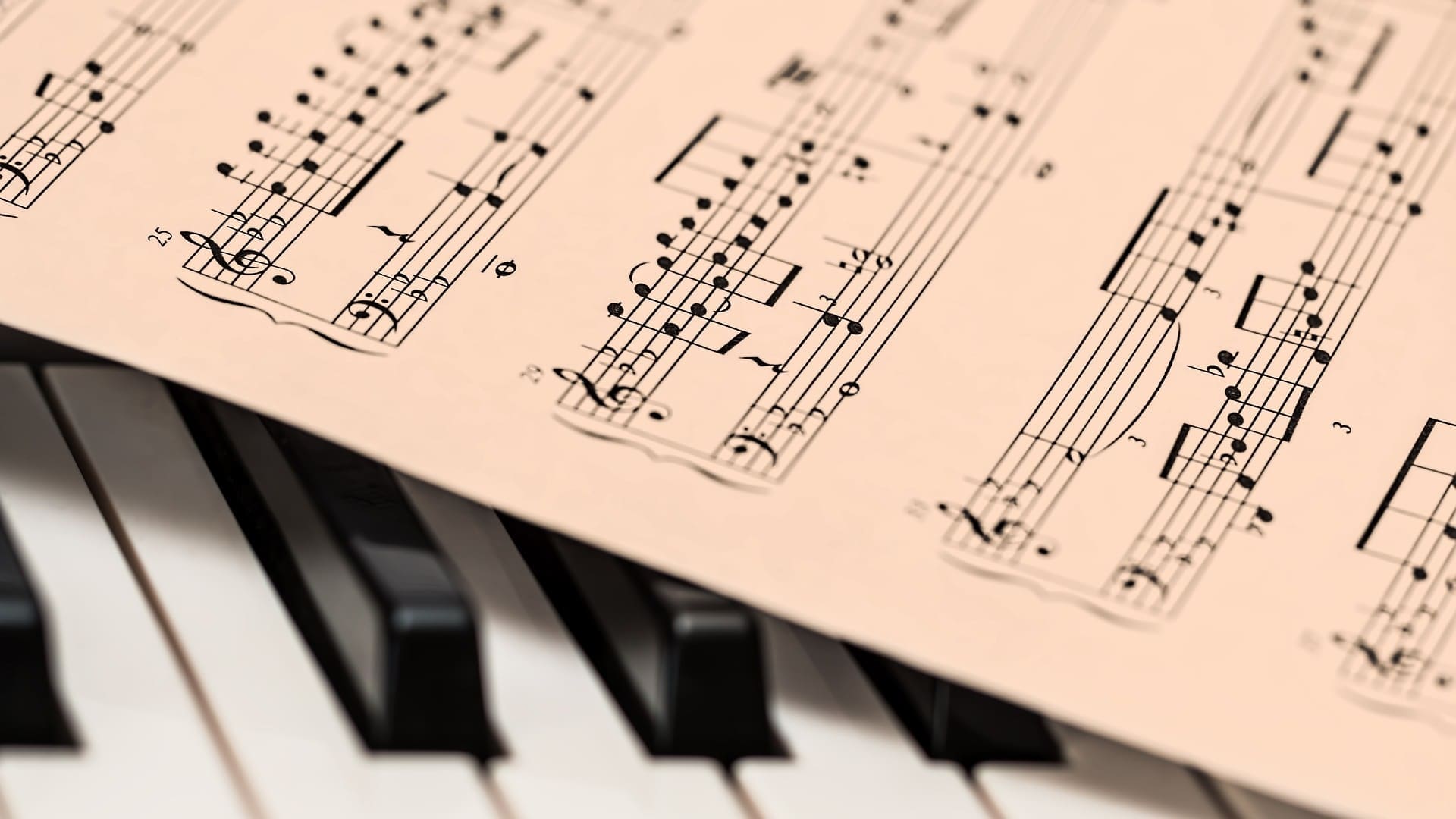- The Recording Industry Association of America is suing Udio and Sona.
- The lawsuits allege that the AI platforms infringed copyright in order to create their tools.
- This is the latest lawsuit launched against an AI company as copyright owners, artists, authors and others take umbrage with the “better to ask forgiveness than permission” approach to development.
When Udio, a music generation tool powered by artificial intelligence started inviting folks to test out its platform, we noted that the platform was incredibly vague about how it trained its models. The firm says that its model was trained on “a large amount of publicly-available and high-quality music”. Now record labels have taken that to mean their music.
A group of record labels including Universal Music Group, Sony Music Entertainment and Warner Records are reportedly suing Udio and Suno, another AI company intent on replacing musicians with digital fakery. In two separate lawsuits brought by the Recording Industry Association of America, it is alleged that both Udio and Suno used copyright protected works to train its AI platforms.
“The music community has embraced AI and we are already partnering and collaborating with responsible developers to build sustainable AI tools centered on human creativity that put artists and songwriters in charge,” chairman for the RIAA Mitch Glazier said in a statement. “But we can only succeed if developers are willing to work together with us. Unlicensed services like Suno and Udio that claim it’s ‘fair’ to copy an artist’s life’s work and exploit it for their own profit without consent or pay set back the promise of genuinely innovative AI for us all.”
One of the more popular examples of AI music in recent months has been Metro Boomin’s BBL Drizzy which went viral last month. The track was created using Udio and to our ear, sounds a lot like something that an R&B or soul artist would have produced had they been kidnapped from the 60s and brought to 2024.
While Udio doesn’t allow you to create a song using a prompt that contains an artist’s name, the issue the RIAA highlights is that Udio and Suno may have used its content to train the AI.
The RIAA states in its lawsuits that it’s obvious that Udio and Suno used copyrighted material to train their models highlighting that the only way platforms such as these can work is by ingesting large quantities of protected material.
Denying that allegation in particular will prove to be tough because even OpenAI admits that without access to copyright protected material, AI would simply be an interesting experiment.
“Limiting training data to public domain books and drawings created more than a century ago might yield an interesting experiment, but would not provide AI systems that meet the needs of today’s citizens,” OpenAI told UK lawmakers earlier this year. OpenAI is also being sued by a litany of publishers and writers on allegations that their content was used to train AI and there are claims that Sora, OpenAI’s video generator, was trained on YouTube content.
The AI industry appears to be operating on the concept that it’s easier to ask for forgiveness than it is to ask for permission. The trouble is that forgiveness comes with a massive price in the form of legal proceedings.
While the RIAA frames its lawsuits protecting the integrity of artists, its statement that it’s working with developers to create its own tools is at odds with that. While we don’t doubt copyright infringement is a core reason for this lawsuit, we can’t help but feel that perhaps the RIAA and its associates are upset that Udio and Sona beat it to launching an AI music generation tool.
Let’s see how this plays out. You can read more about the lawsuits here.
[Image – Steve Buissinne from Pixabay]

